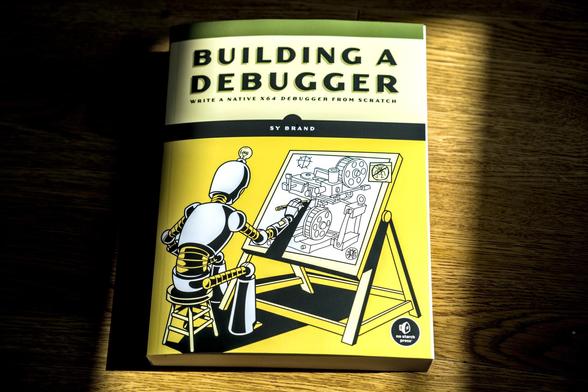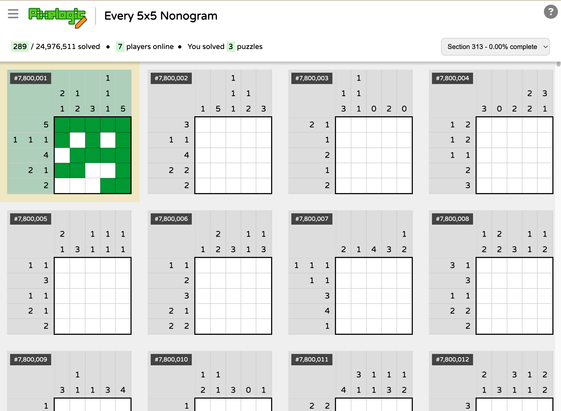So I have a Take:
Imagine if LLM coding assistants had come out when programming required explicit manual memory management.
Everyone is writing all this C code with malloc() and free(). It's a pain, and repetitive, and why spend time thinking about this?
So all the early adopters of LLMs are saying "this is amazing, I don't have to write all this boilerplate malloc() and free() and multiplication of pointer sizes by array length, it auto-generates that for me, This Is The Future! You will All Be Left Behind if you don't adopt this!"
(I am actually skeptical this is something LLMs would do reliably, but let's just pretend they can.)
And maybe that approach would actually win, and no one would have created garbage-collected (or equivalent) languages, because that's silly, you have a LLM to generate that code for you.
Never mind that garbage collection is vastly superior to LLM-generated-malloc():
* The code is _way_ shorter and therefore easier to reason about the parts you actually care about (the logic)
* You don't have to worry about the LLM generating garbage one time out of N
* Less segfaults and memory corruption, etc..
Back to our actual present: a lot of what I hear people saying about LLMs is "look, I don't have to write as much boilerplate or repetitive code" and I'm sorry but that's not a benefit, that's just doubling down on a liability. All things being equal (if it's just as understandable, just as fast, etc), you want to solve a problem with the fewest lines of code as possible.
If you have to write the same thing over and over again, that is a failure in your tooling, and you should build better tooling. A better library, a better abstraction, even a better programming language.
And to be fair sometimes this better tooling requires significant investment, and those resources that are available for R&D are being piled into LLMs instead of into reducing how much code we write.
But sometimes better tooling and libraries is just a matter of _thinking_ about a problem. And can you even think if your boss wants you to hit the deadline, "and AI should make you twice as productive, right?"
But also: why think, when you can double down on a bad status quo and have an LLM poop out some more code for you?




